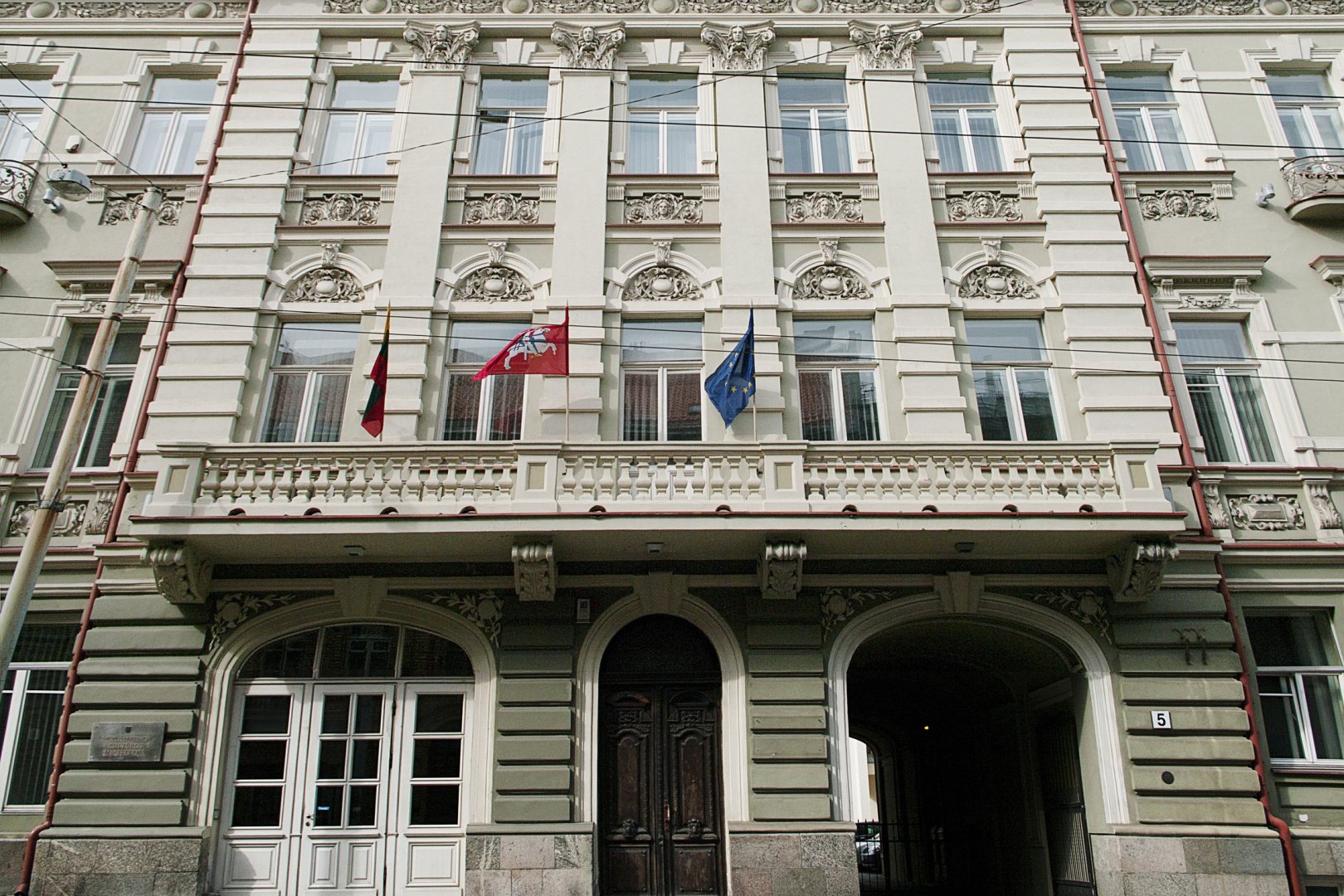BAKU, Azerbaijan, July 11. The Ministry of Culture of Lithuania has submitted a draft regulation to the government for approval to establish clear procedures for the removal of the remains of World War II soldiers from public places, Trend reports.
The proposed rules will specifically apply to the remains of Soviet and other foreign soldiers representing totalitarian or authoritarian regimes whose burial sites have been officially recognized as promoting those ideologies.
The measure is designed to bring long-awaited legal clarity and provide municipalities with a practical framework for making lawful decisions about relocating graves deemed ideologically inappropriate. The new procedures are being developed in line with the national Law on the Burial of Human Remains.
In recent years, many municipalities have expressed a desire to remove these burial sites from prominent city squares and town centers. However, progress has stalled due to unclear legal guidance and a lack of a formal funding process. Many of the sites are listed in the Register of Cultural Heritage and fall under international legal protections, leaving local authorities without a clear, lawful path forward.
“For years, municipalities have faced legal uncertainty when attempting to relocate Soviet military graves from symbolic public spaces have listened to their concerns and are now presenting a clear and practical roadmap. This new regulation allows municipalities to act legally and respectfully, honoring international obligations while removing the symbols of totalitarian ideologies from public life. It is the tool that local governments have been waiting for,” said Minister of Culture Šarūnas Birutis.
The proposed resolution outlines the responsibilities of municipal and national institutions, funding mechanisms for reburial efforts, and guidelines for selecting and marking new burial sites. It is important to note that the new rules will apply only to those sites that a special commission has already deemed to be promoting totalitarian or authoritarian ideologies and that have had their cultural heritage protection removed.
Once adopted, the regulation will help restrict the spread of totalitarian symbols in public spaces, in compliance with international humanitarian law and Lithuanian legislation.







